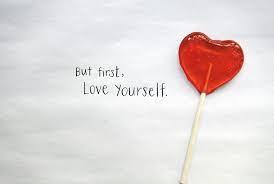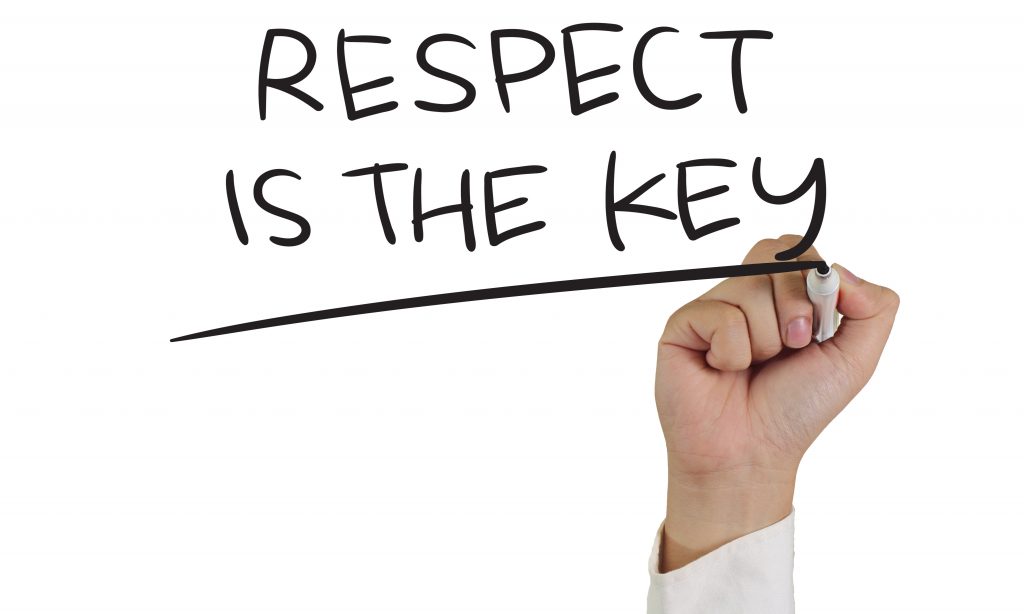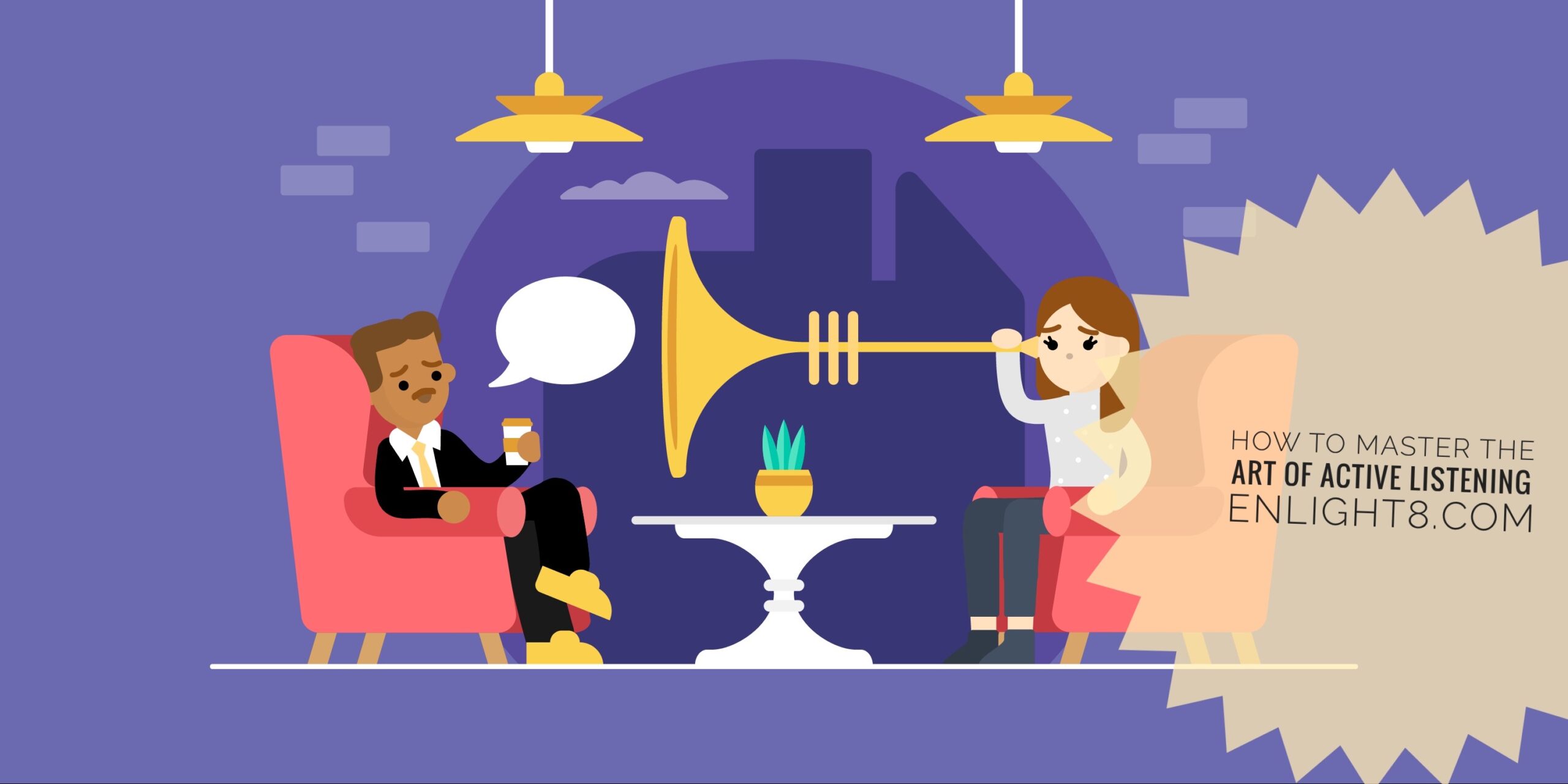
8 Tips For Choosing the Right Partner For Ultimate Happiness
An ideal partner in a loving relationship helps us grow as a person and experience life in a more fulfilling and abundant way. A loving relationship is about finding the ideal partner that complements our traits, supports our growth, and understands our deepest needs.
Many of us fail to think about what finding an ideal partner means. Growing up, we believed that love left to chance is the way. The notion of a perfect partner remains an elusive idea. Undergoing through trials of love tribulations, revealed in an epiphany from countless heartbreaks, to finally be whittled down to the “one.” Think “Bachelor” tv show style with a rose at hand.
The road to love should not be left to chance as luck alone plays a slither of the greater whole. Many things in life require thorough preparation, and finding an ideal partner is one of them. Development and hard work attract future success, after all.
The idea here is that we need to know ourselves first to elevate the chances of finding our ideal partner. The tips below are lessons we can learn through countless studies, experiences, from loving couples, and long-term relationships.
1. Enjoy Solitude

Enjoying solitude sounds like a counterintuitive idea if one is searching for a life-long partner. Being alone is one of the greatest fears many of us have whether we face up to it or not. Solitude though does not equate to loneliness, far from it. Many mistake solitude with the feeling of being lonely.
The Hollywood-influenced, social media-driven world we live in transposes solitude with loneliness albeit figuratively. We worship the famous after all. We live day-to-day over-sharing the minutiae of our lives over the internet to impress others. Perhaps this is a symptom. The truth is that we share so that everyone knows we exist. We all want to be followed, to be liked, to be loved because, in a nutshell, we do not relish solitude.
Enjoying being alone means cherishing ourselves flaws and all. Enjoying solitude without anyone’s attention or approval must be fulfilling enough. Are we able to find happiness solo? I think the more profound question is if we can make ourselves happy alone.
Enjoying our solitude means being content. What does that mean? Contentment implies acceptance of the past and living in the present moment while hauling preparations for the future. It is finding happiness in being independent without any wall to lean on. Looking only to that person reflected in the mirror, enjoying solitude knows you are enough without anyone else’s approval because you are you.
Enjoying solitude means being self-reliant, not leaning to anyone, but growing a foundation that can withstand time and weather the unknown. We alone are strong, and we solely are enough. Enjoying solitude in its simplicity is to cherish being with ourselves.
2. Love Yourself

Loving yourself starts with self-reflection and self-acceptance. All of us have issues, embedded belief systems formed under the influence of others (parents, friends, family, school), or created as a defense mechanism through childhood development.
Loving ourselves means undergoing a process of seeing ourselves as we are without any filter, scars shown, crutches revealed and all. We need to be okay with who we are and what we stand for as this is the real person we are inside. In many ways, we all have our flaws and shortcomings, but we must be real with ourselves about all of them.
Acknowledging where are now is a starting point. Loving ourselves means accepting our past and tapping ourselves on the back to say it is what it is, and then moving on.
Someone who loves themselves will have a positive and optimistic image of who they are and will want to accept criticism and improve themselves continually.
Someone who loves themselves takes care of their body through healthy habits such as avoiding smoking and responsible consumption of alcohol. They prioritize exercise and have good health and body image. They think long-term in taking care of their health and body in, while also maintaining a well-groomed and clean living.
Someone who loves themselves tends to be life long self-learners that is always interested in self-improvement.
A person who loves themselves attract the right partner with the same values. In return, these values make long-term loving relationships possible.
3. Be Independent

To be independent is to be able to take care of ourselves and our needs. It also means becoming a responsible person and taking complete responsibility for ourselves and our actions. This idea suggests that we are accountable for everything that happens to us, and we do not blame anyone else for anything.
Being able to depend on ourselves mean that we are never a victim. The choices are on us to make, and the repercussions of those choices are on us to answer.
A power couple cannot call themselves a power couple if they are not already strong individually on their own. In love and life, independence means getting in touch with our power to make our destiny.
Knowing that the ability to create your life is in your hands and being proactive to plan, implement, and achieve your goals are yours. An independent person is required to be able to excel in a relationship as this is the prerequisite of a long-term loving relationship.
4. Know Your Deal-Breakers

What are deal breakers? These are the things that are not compromisable. These vary extensively for so many people.
We all have our unique dreams and standards. Knowing our deal-breakers mean doing the work to know ourselves.
For example, if we envision ourselves having kids in our future, we need to question whether this is a deal-breaker. If we want kids, we need to be with someone who also has the same outlook. It may be a deal-breaker to date someone who does not like the idea of having kids.
Knowing your deal-breakers can save countless headaches, heartaches, and mismatches in life goals.
A person who has a high standard for cleanliness may be patient enough to be with a partner who is a slob because they are okay with cleaning after their partner. However, they may not be okay with living in a sloppy and dirty environment. These aren’t deal-breakers because there can be compromises made if both partners are willing to do so.
A deal-breaker may choose not to date someone who hates to travel because this is their preference as it conflicts with their dreams and goals.
Knowing our deal-breakers mean knowing what we can and cannot compromise with someone. It is better to know this sooner rather than later when one is already in a relationship.
5. Bring Out The Best In Each Other

The best relationship is a synergy that cultivates the self-development of each partner. A fantastic relationship is one that brings out the best in each other.
Bringing out the best in each other means elevating the qualities that support and foster qualities of patience, kindness, integrity, and self-worth.
Bringing out the best in each other means being on the same journey together as a partner in self-development. When we become the best version of ourselves, we also create a partnership that is long-lasting and fulfilling.
The ideal partnership makes us want to grow into the best version of ourselves, to work on ourselves, and to achieve our goals individually and together.
6. Be With Someone Who Can Put Ego Aside

Ego is a representative of our self-esteem and self-pride. A person referred to as having a “big ego” is a person that is full of his or her self. This concept could mean a sense of over-inflated self-vanity. These can over-the-top sensitivities and reactions to criticisms or even to confrontation or regular direct interactions.
Someone with an ego usually has either self-esteem issues or traumas that they have not addressed and dealt with in their life.
Someone who can put ego aside can mean someone who can empathize for another person or the greater good of the group or partnership. This allowance to become vulnerable without feeling attacked is an excellent indicator of maturity.
A partner that can set their ego aside is a great sign of someone who has a heightened sense of maturity and self-development.
Of course, this same trait must also be real for us; this is why we must start with ourselves and our self-development. If we can control our ego, we would be able to judge a good partner with the same qualities better.
7. Choose A Partner Who Can Be Your Best Friend

Finding the right partner is equivalent to finding a best friend. A best friend is constant in your life and will stand by you through the good times and the bad. They never waiver in their loyalty to help you, comfort you, and love you.
A best friend is someone whom you can be yourself, including showing your quirks, bad habits, and your shortcomings. And they in return will not judge you but support you in bettering yourselves as they want the best for you as you do for them.
They are the ones you can show your vulnerabilities because you know that they will understand you. They are more forgiving of you because you have built up a secure “trust bank” that each partner both continually replenishes.
They are your best listeners, and they will not judge you, but they will call you on your crap because they know you well enough. They have seen you through your best and your worst, and they love you either way.
Finding a partner that can be your best friend is a foundation of a long-term, loving relationship.
8. Be With Someone You Respect

In a love relationship, there is one factor that is significantly more important than love that when it disappears, any hope for the relationship vanishes.
This determinant factor is so significant that it is similar to how water plays a vital element in life. This element is R-E-S-P-E-C-T.
Respect is not just a song that Aretha Franklin sings. It is the foundation of any relationship. The lack thereof means there is no relationship.
Without respect, any form of love erodes quickly.
A respectful relationship is considerate, attentive, polite, civil, and thoughtful. This idea embodied in how each partner treats one another speaks to one another thinks about one another.
Respect, of course, starts with self-respect which is why we must choose a partner that has these traits in themselves. A person who does not respect themselves, who lack the basic civility and self-maturity may very well treat their partner in the same manner.
A healthy relationship that fosters respect will have the following elements:
- Integrity and open communication between each other.
- Active, attentive, and empathic listening.
- Provide needed space for each other.
- Value emotional needs and feelings.
- The ability to compromise.
- Kindness in speech and action.
- Support for each other through words and actions.
- Elevate each other instead of talking down about each other.
Many forms of disrespect should not be tolerated in a relationship and addressed quickly. In a long-term relationship, respect for each other is the covenant that forms the partnership.


